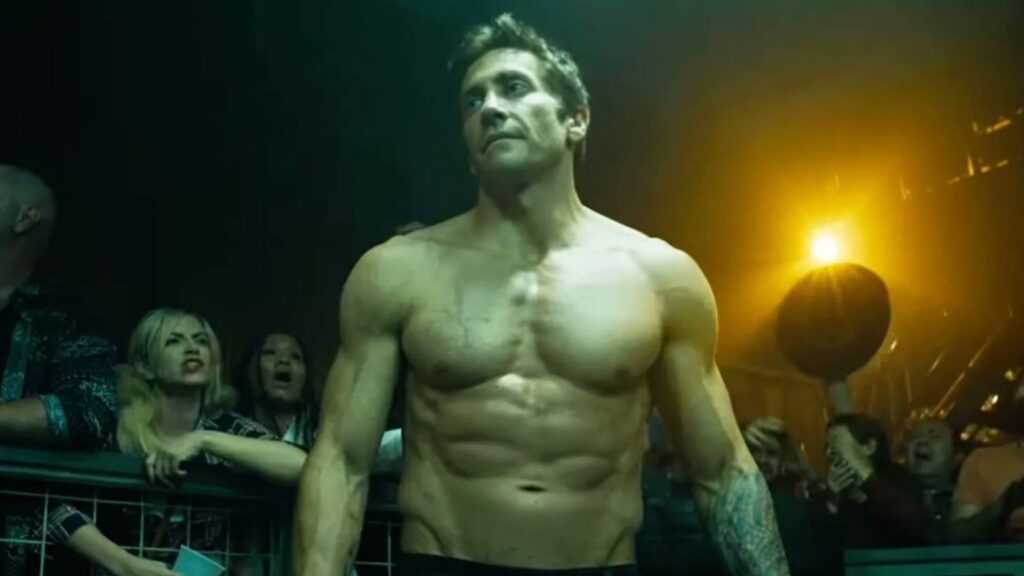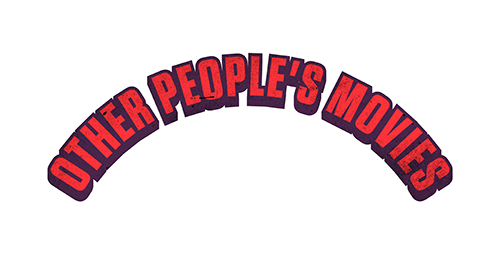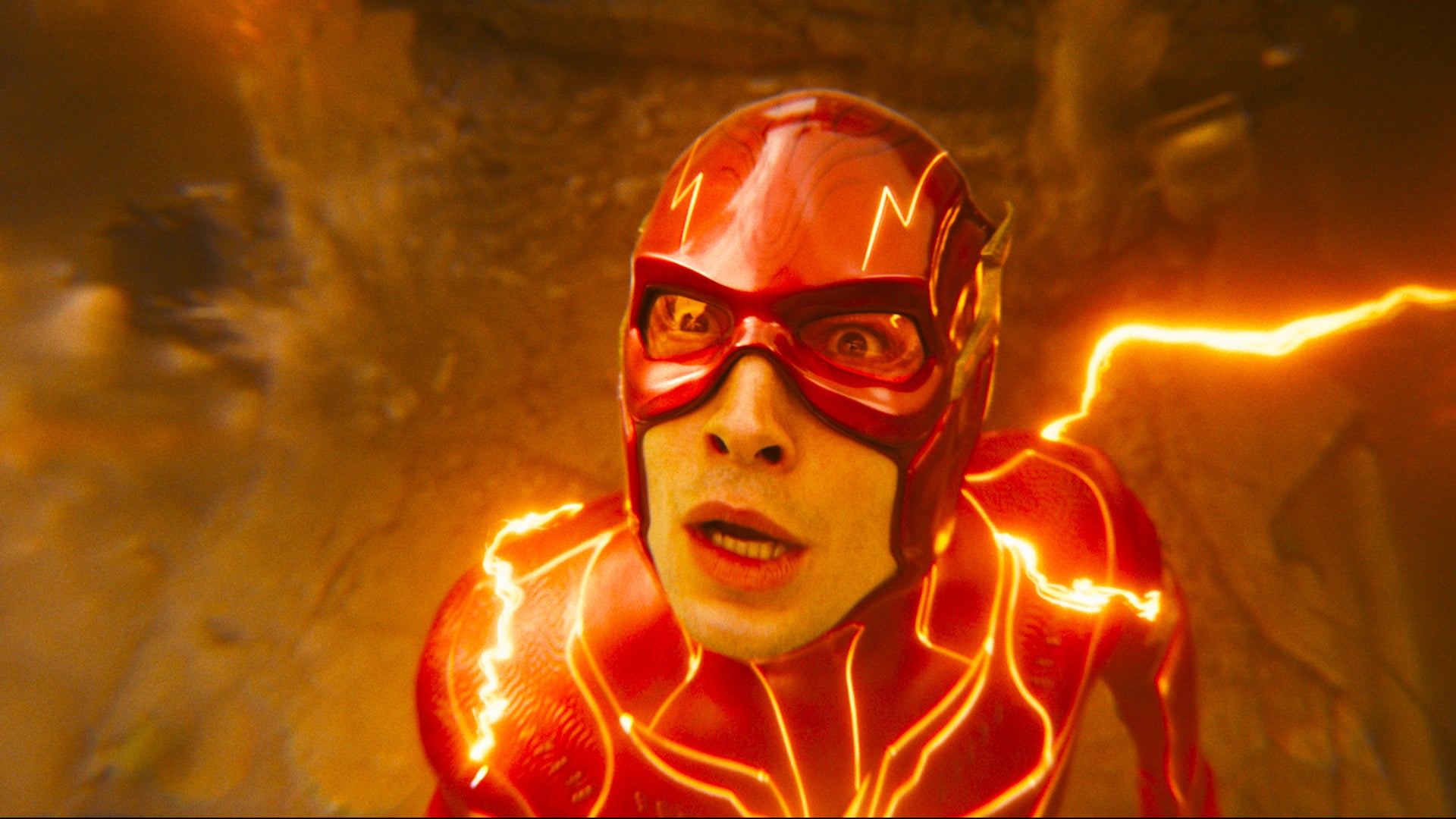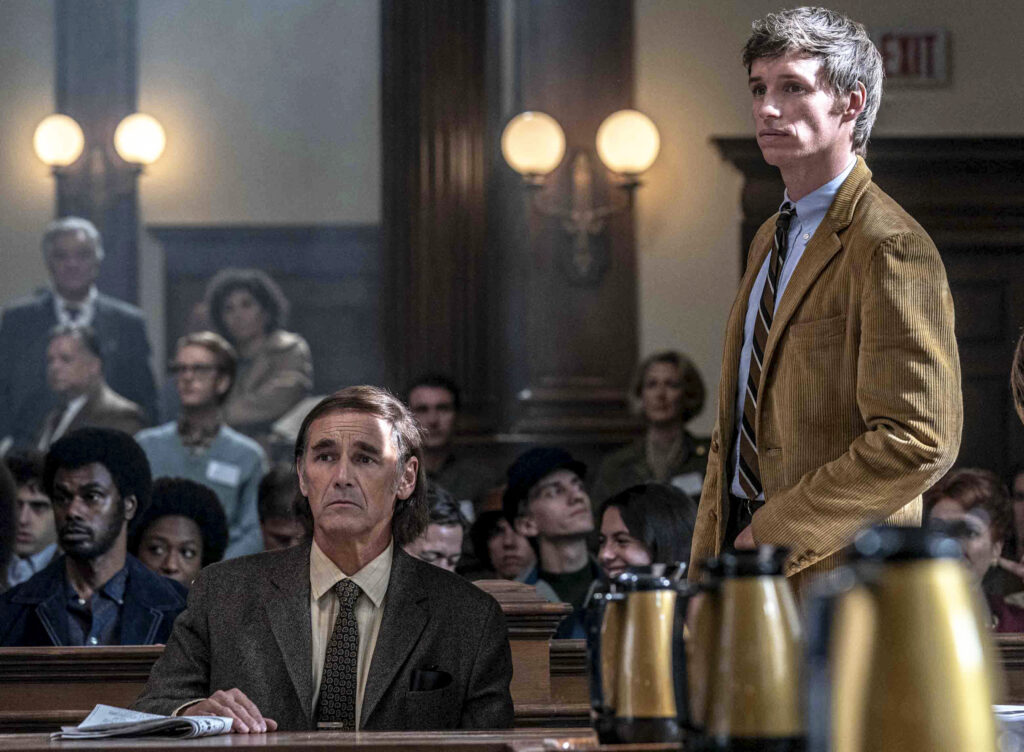
Almost needless to say, 1989’s Road House is an essential ‘80s action movie. It stars the now-departed and dearly missed Patrick Swayze. It was directed by the highly underrated Rowdy Herrington (Jack’s Back, The Stick Up). And it was produced by the man behind some of cinema’s most classic action offerings, Joel Silver (Lethal Weapon, Die Hard, The Matrix). The film centers on a famous bouncer (apparently, bouncers are nationally celebrated in the world of the film) who studies philosophy on the side. He is hired to turn a rough and seedy roadhouse into something a bit more patron-friendly. This leads to him butting heads with violent organized criminals who control the small Missouri town in which the establishment is located.
The original Road House is an unabashedly campy, absurdly amped up, and testosterone-drenched product of its time. It embodies a very specific type of ‘80s cinema, one that favors escapist entertainment, excessive flair, pop sensibilities, shameless machismo, laughably unreal femininity, and endlessly graphic comic book violence. It is a pure product of its times that could never be duplicated today. The idea of a remake just seems to miss the point of what makes the original such a ridiculously good time. Right?
Well, it actually happened. Road House has been remade for the 2020s. It stars Jake Gyllenhaal, was directed by Doug Liman (Swingers, Go, Edge of Tomorrow), and was co-produced by the original’s mastermind, Joel Silver. Whether or not it works, unfortunately though predictably, is highly questionable.
The remake of Road House tells the same basic story as the original, but with some notable changes to some key details. Gyllenhaal’s character is still famous, but now there’s a more realistic reason because he used to be a notoriously brutal UFC fighter. At the film’s beginning, he is a lost man with a dramatically dark past who takes the job of bouncing at a rough roadhouse (which now resides in the Florida Keys) out of desperation. He still goes on to fight many bad guys and bullies and, at first, it is colorfully entertaining when he does.
Gyllenhaal initially seems to be fundamentally miscast in the role of a tormented and tough-as-nails fighter, no matter how shredded he got to play it. His face is too expressive, his voice is too chirpy, and he exudes innocence much more than he does toughness. Instead of playing the role with a quiet intensity similar to his wonderful performance in Prisoners, he exhibits a playfully sarcastic, energetically chipper, and oddly polite persona that initially runs the risk of being completely out of place. However, Gyllenhaal’s charm and talent win over shortly into the film and he winds up working quite well in the role because he and his choices aren’t obvious for it. He makes the role interesting and entirely his own by supplying it with a subtle quirkiness that isn’t common in similar roles in similar films.
The first forty-five minutes of the Road House remake’s two-hour runtime displays an understanding that it had to find its own voice for its own times in order to work. While the film is comparatively more grounded and realistic than the original, it still manages to, in the beginning, have quite a bit of fun with itself. When Gyllenhaal is stabbed in the side within the film’s first few minutes and barely reacts with anything but mild annoyance, you get the feeling that you’re on board for some ludicrous and self-aware tough-guy greatness that echoes the original film without directly or inappropriately copying it. Also, some of the early fight choreography is downright awesome and thrilling to witness, as it is heightened for near-comedic effect but, impressively, still believable.
The first forty-five minutes of the Road House remake is a surprisingly great set-up. Unfortunately, what it’s setting up turns out to be rather bland, uninspired, and poorly paced. Towards the middle of the film, it seems to forget that it’s an action movie and largely centers on people standing or sitting around talking. This might be acceptable if the characters were interesting or shaded enough to hold the audience’s interest, but, alas, they are not. Gyllenhaal’s character is the only one with any kind of relatable humanity or depth, but he’s not enough to carry the film alone and even he becomes increasingly uninteresting as the film progresses.
The romantic subplot between Gyllenhaal’s character and a doctor (Daniela Melchior) is taken from the original film, but fails to showcase the same obvious and deep attraction. The relationship is so flat and dispassionate that it drags the film down to an unrecoverable low point a little past its midsection. The chemistry between the two actors is non-existent, as they appear to be two people who are merely tolerating one another’s company rather than falling in love. The remainder of the film relies on the power and believability of this relationship to fully work, and it winds up being rather dull because there’s essentially nothing to emotionally connect the audience to what’s happening onscreen. Melchior exudes no character or personality, and she expressionlessly acts like she’s posing for photographs during her scenes. In all fairness, the material doesn’t give her much to work with, but it would have been nice if she showed some change in emotion or expression at some point during the film.
It’s very hard for a movie to recover once you start wishing it were over. By the time the action gets back to rolling at full force, the damage is already done. Some select latter moments offer amusement and excitement, but they are increasingly far and few between. The climax ultimately winds up feeling like little more than numbing, senseless noise that leaves its audience hopelessly detached and thoroughly disinterested.
There’s enough quality in the Road House remake’s beginning to suggest that it could have been a success. Sadly, that potential is squandered and the film completely loses its momentum when there is still too much movie left to go. I never would have thought that a Road House remake could have worked, and the movie did manage to surprise me by initially making me believe that it was, in fact, possible. The final result is all the more disappointing, however, because the movie fails to take advantage of its initial promise and forgets to fully and consistently display a modernized version of the heart, character, excitement, and gleefully operatic cheesiness that makes the original Road House the ‘80s classic that it will always be.
GRADE: C-



